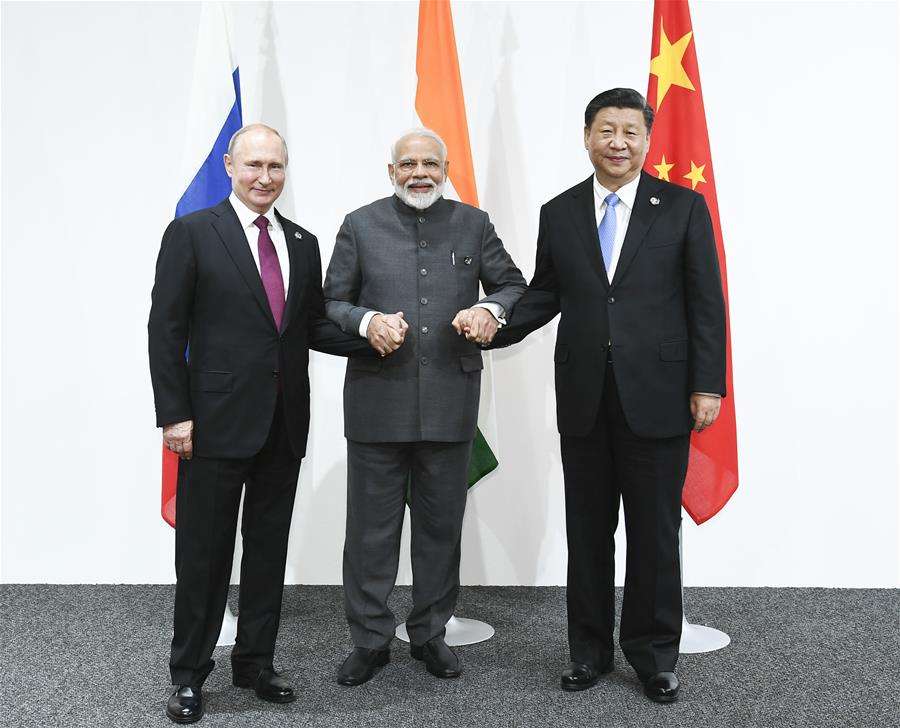In the emerging geopolitics of the world, the revived Russia-India-China (RIC) trilateral talks represent a strategic reorientation of great Eurasian powers. Russian Foreign Minister Sergey Lavrov’s recent assertion for reviving the RIC mechanism is an expression of Moscow’s aspiration to construct a multipolar world order and counterbalance Western weight, particularly that of NATO.
Reviving RIC: From Strategic Stalemate to Renewed Dialogue Amid India-China Thaw
The RIC mechanism, implemented in the late 1990s under the Primakov Doctrine, was designed as a strategic grouping for the aim of propagating the idea of a multipolar world order while at the same time pursuing measures to alleviate the unprecedented hegemony that has been exercised by the United States globally. The innovative doctrine reaffirmed the importance of Russia’s role as a necessary and inevitable player on the international scene, invoking the necessity of establishing close alliances with great powers like China and India. The collaborative effort was envisioned as a mechanism to ensure not only the stability of the region but also the general idea of collective security among the nations. The RIC mechanism has been instrumental in hosting more than 20 ministerial-level conferences over the years, which have been aimed at further cooperation among the nations in a broad spectrum of fields, including economic, political, and security issues.
Lavrov’s appeal for reviving the RIC is motivated by fears regarding NATO enlargement in the Indo-Pacific. He cautioned against attempting to lure India into anti-China blocs, citing the importance of India’s strategic autonomy. Whereas India’s participation in the Quad, with the U.S., Japan, and Australia, has been primarily economic, increasing fear is the threat of militarization.
RIC and India’s Strategic Autonomy
India’s foreign policy has recently always placed huge emphasis on the need to maintain strategic autonomy, a policy whereby the country can stand alone in its diplomacy with the world’s great powers without going out of its way to join a specific bloc. For this purpose, the RIC forum is well within this general policy, as it is the perfect platform for free exchanges of opinion on matters and cooperative action unencumbered by the inhibitions that usually come with formal alliances. It is through this arrangement that India can engage positively with Russia and China on a host of important issues of mutual interest, including important areas such as regional security, counter-terrorism operations, and continued efforts at economic development.
Finally, it should be noted that reviving the RIC trilateral dialogue is a fine strategic move towards establishing a well-balanced and inclusive regional order in the broader regional and global environment. For India, it is a precious chance not only to affirm its role as a front-ranking player in the intricate game of Eurasian geopolitics but also to affirm its strategic autonomy as it indeed aspires for the greater interests of regional stability and inter-state cooperation.

